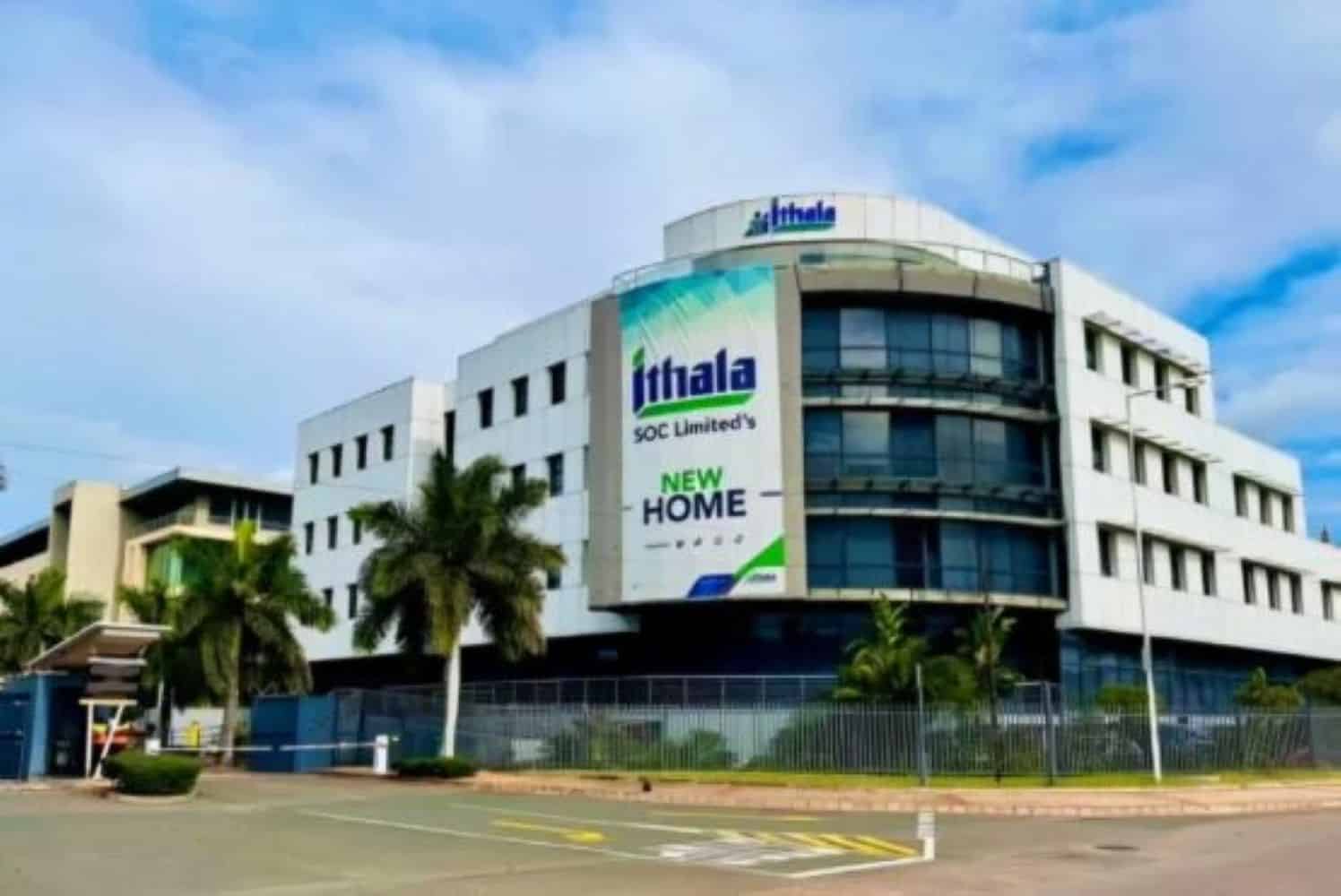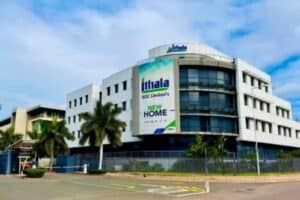Customers of Ithala bank had their accounts frozen as the South African Reserve Bank stepped in to prevent the collapse of the entity.

Customers of a struggling KwaZulu-Natal bank are asking for President Cyril Ramaphosa’s help in freeing up their funds.
Ithala SOC Limited had its deposit-receiving accounts frozen in January, with over 250 000 customers still unable to access their money.
The accounts will remain frozen until the bank reaches an agreement with the Prudential Authority and other respondents in an ongoing litigation process.
‘We have nothing’
Ithala has received over R450 million in bailouts since 2018, but operated under an exemption from the Banks Act until 2023.
Over 400 employees have yet to be paid their most recent salaries, and have been paid sporadically throughout the year.
Customers reportedly received a message from Ithala CEO Thulani Vilakazi this week saying their funds could not be accessed until litigation had been resolved.
Thule Ngwane is a 39-year-old unemployed woman who had been a customer of the bank since 2015.
“We trusted the bank to keep our savings safe, now we have nothing. We’re appealing to President Ramaphosa to intervene,” Ngwane told the Sunday Times.
SARB intervention
The South African Reserve Bank (SARB) in January explained how Ithala’s abuse of the exemption status had placed it in a compromised situation.
“All exemptions expressly required Ithala to separate its deposit-taking activities from its other businesses, such as its business as a credit provider advancing loans to the public, which Ithala did not do,” the SARB stated.
The entity explained that locking the customers out of their accounts was to prevent a run on the bank — a process of mass withdrawals.
“Freezing the accounts and instituting a liquidation process allows for an orderly and fair repayment to all affected depositors,” the SARB said.
The SARB found the bank to be technically insolvent, with liabilities of R2.79 billion against its asset value of R2.35 billion.
Ithala also incurred losses of R520 million between 2008 and 2024.
“The institution has, over time, operated with a high-cost structure that is misaligned with its size, complexity and risk profile,” the SARB concluded.
NOW READ: Reserve Bank and Ibex reach final settlement of R6.3 billion on Steinhoff fraud






